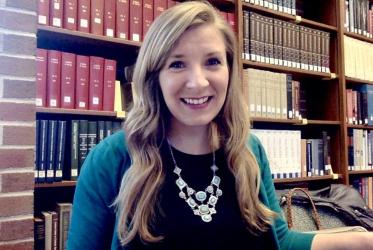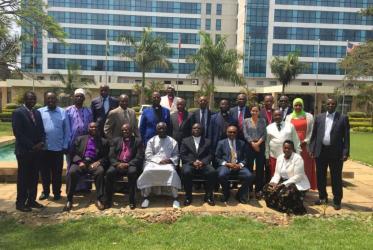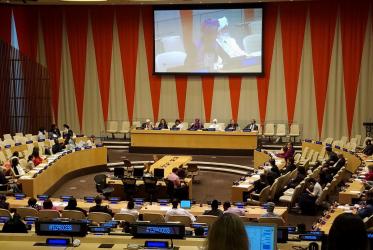Displaying 1 - 20 of 25
South Sudan Church leaders welcome new cabinet
15 March 2020
Dr Saïd Ailabouni: God is on the side of rejected, oppressed, occupied
12 September 2019
Peacemakers at work in Sri Lanka
29 April 2019
Faces of Hope raises awareness
07 March 2018
In Nigeria, WCC workshops focus on human rights
04 December 2017
African women embark on pilgrimage in Burundi
29 November 2017
G20 summit: call to pray for peace in Hamburg
07 July 2017












